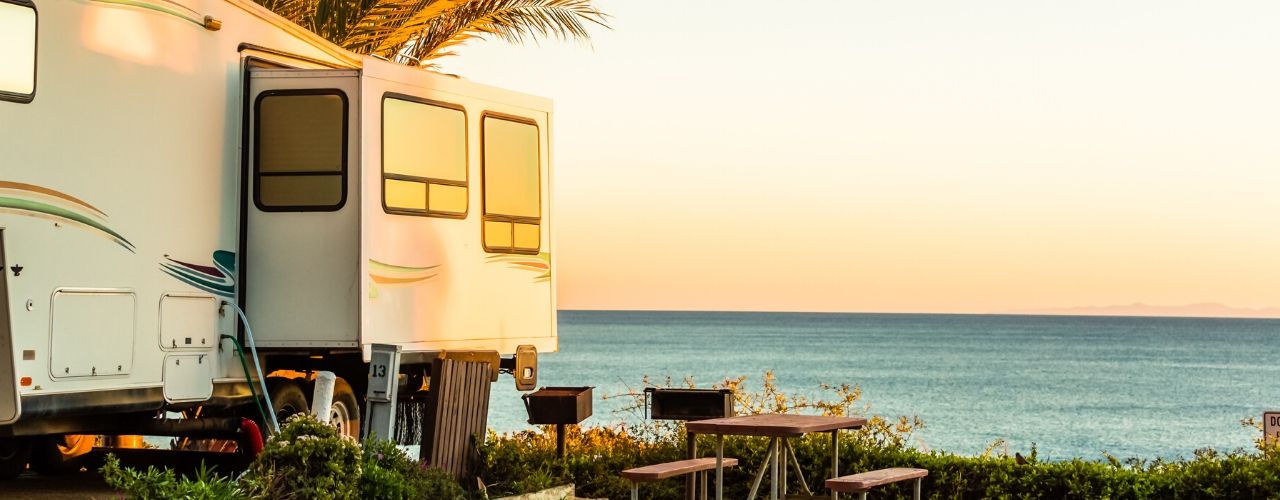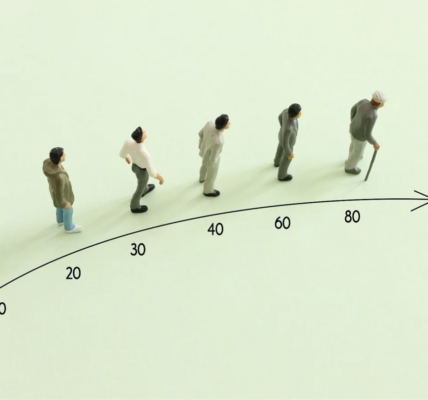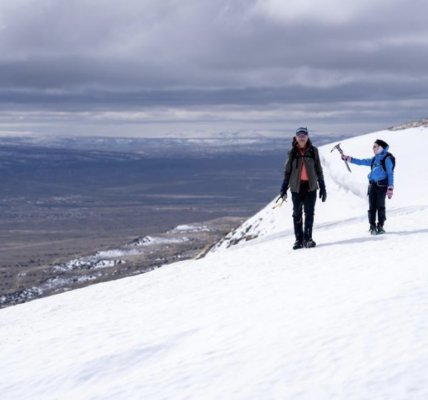Just like any functioning machine, an RV requires careful attention to keep it in good condition. Each area of the RV has specific needs that you should pay attention to. Here are tips to successfully maintain your RV.
Check the Roof
Because it’s high up and not easily visible, you might forget about your RV’s roof. However, you should inspect it occasionally. This is because the roof is the only barrier keeping out the rain, and it’s also where the air conditioning unit is usually placed. If there are small holes or cracks in the roof or around the AC, water can drip inside and, over time, cause ample damage to any components in contact with it. If you catch a leak early, you can avoid having to replace parts. You may address roof damage in several ways, but often, applying a sealant is enough to solve the problem.
Inspect the Tires
The tires are what the whole trailer or vehicle rests on. They are also in constant contact with the ground, which is often rough and uneven in the natural settings that RVers visit. You don’t want to become stranded because your tires failed at an inopportune time where no one was around to help. Therefore, it’s smart to check that the tires’ pressure is at the correct level and rotate your wheels periodically to reduce wear. Always keep a spare tire as well.
Maintain the Water Holding Tanks
Keeping your holding tanks clean is paramount for your health, and it also eliminates unpleasant odors. You should clean your freshwater tank to prevent unwanted bacteria or mold growth inside. Use a bleach and water mixture to do this. For your grey and black water tanks, there are special chemicals you can use for cleaning and deodorizing. Generally, you should clean your tanks starting with the black water tank first, then grey water tank, and then the freshwater tank last. This prevents any dirt particles getting on your cleaner tanks from the dirtier ones after you’ve just disinfected them.
If you plan to use your RV in colder weather, you should use specialized tank heaters to prevent the liquid contents from freezing and damaging the tanks. Frozen water could also render your kitchen and restroom unusable, which is just more reason that you want to keep your tanks at the correct temperature in the cold. With the low winter temperatures in Wyoming, you will more than likely need to take this precaution.





